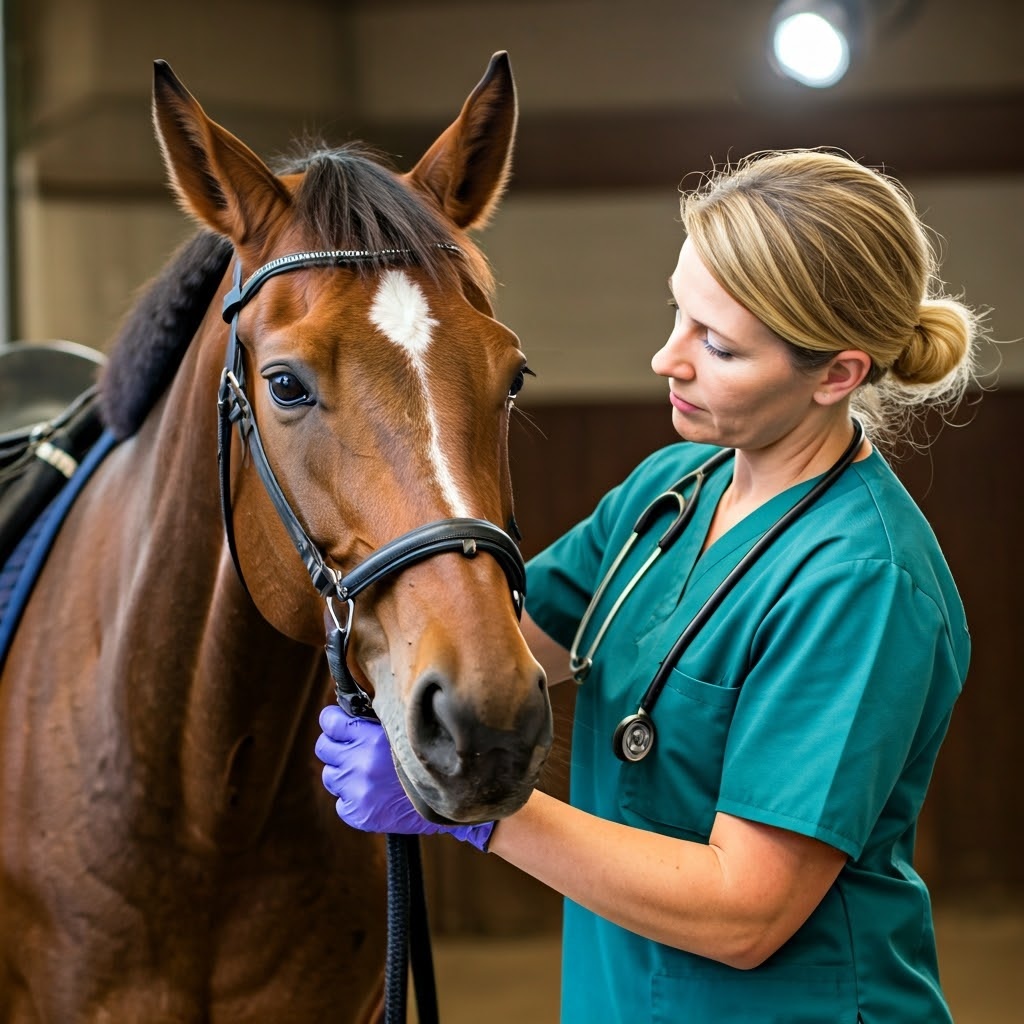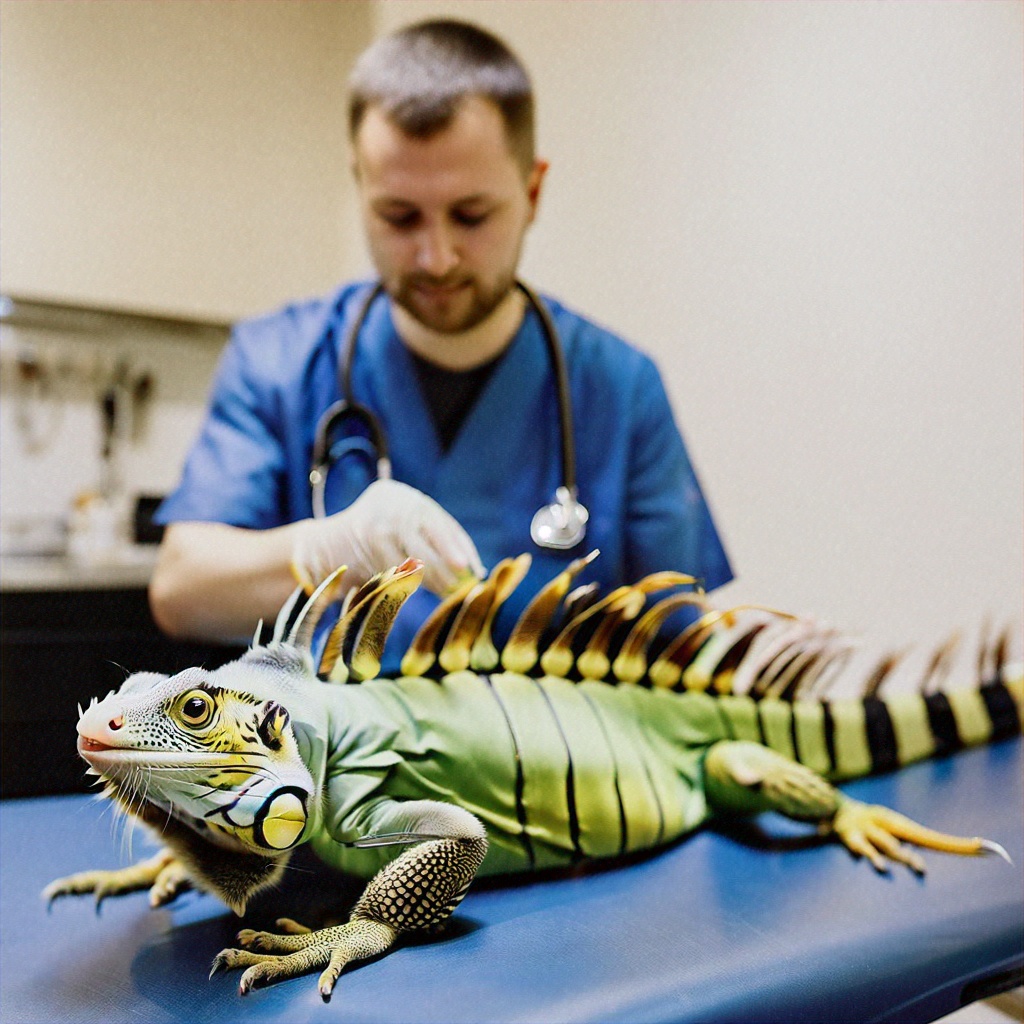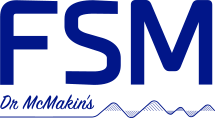Frequency Specific Microcurrent for Animal Care
Frequency Specific Microcurrent (FSM) therapy offers a gentle, effective approach to treating pain and injuries in animals, using the same principles that have proven successful in human patients. The biological mechanisms that respond to FSM—including increased ATP production, enhanced protein synthesis, and improved cellular function—work similarly across species, making this therapy equally beneficial for our animal companions.

How FSM Benefits Animals

Pets and performance animals experience many of the same conditions humans do: arthritis, muscle strains, nerve pain, and post-surgical recovery needs. FSM provides a non-pharmaceutical option that can address these conditions at the cellular level, often with remarkable results.
When properly applied, FSM can:
- Reduce inflammation and pain without side effects
- Accelerate healing of injured tissues
- Improve mobility in arthritic conditions
- Support recovery after surgery or trauma
- Address nerve-related pain that may be difficult to treat with other methods
Many veterinarians have observed that animals often show visible relaxation during FSM treatment, sometimes even falling asleep as pain is reduced. This non-invasive approach offers particular value for senior pets, performance animals recovering from injuries, or any animal where drug interactions or side effects are a concern.
Whole-Family Treatment Solution
One of the most practical benefits of FSM for pet owners is that the same home unit used to treat human family members can be used for pets as well. This makes FSM an economical solution for families with multiple needs:
FSM home units can be programmed with different protocols for different family members—both human and animal. The equipment requires no special modifications to work effectively on different species, just simple adjustments to application techniques and sometimes current levels for smaller animals.
For families with multiple pets or active animals prone to injuries, having an FSM unit at home means immediate access to care when issues arise, potentially reducing the need for emergency veterinary visits and allowing for consistent, regular treatment that supports optimal healing.

Remote Veterinary Support

Modern FSM technology has transformed how veterinary professionals can support their patients, especially those in remote locations or with transportation challenges. Automated microcurrent units enable veterinarians to:
– Program specific protocols tailored to an animal’s condition based on their professional diagnosis
– Update these protocols remotely as the animal’s condition changes
– Provide expert care without requiring frequent in-person visits
This remote capability is particularly valuable for:
- Rural pet owners living far from specialized veterinary services
- Animals that become stressed during transport or veterinary visits
- Ongoing management of chronic conditions that require protocol adjustments
- Post-surgical follow-up care that can be managed at home
The combination of professional veterinary assessment with at-home treatment creates an effective collaborative care model that benefits both animals and their owners.
Applications for Different Animals
Dogs and Cats
Household pets often respond remarkably well to FSM treatments. For dogs with arthritis, hip dysplasia, or post-surgical needs, FSM can significantly improve mobility and quality of life. Cats, who typically hide pain and may be sensitive to medications, often show notable improvement in behavior and activity levels after FSM treatment for conditions like kidney disease, arthritis, or injuries.
Treatment is typically applied using wet towels or specialized conductive wraps that allow the current to pass effectively through fur. Most pets quickly adapt to the treatment process, especially when it’s associated with relief from discomfort.
Equine Applications
Horses present unique treatment opportunities due to their size, athletic demands, and common injury patterns. FSM has proven particularly effective for:
Performance and recovery: Supporting muscle recovery after intense training or competition, addressing back pain from saddle fit issues, and maintaining optimal condition between events.
Injury treatment: Addressing common issues like suspensory ligament injuries, tendon strains, and hock problems that can sideline performance horses.
Chronic conditions: Managing arthritis and other degenerative conditions that affect older horses or those with previous injuries.
The ability to treat large muscle groups and deliver therapy in the stable environment makes FSM especially practical for equine care. Many horses show immediate relaxation during treatment, suggesting pain relief is occurring.
Treatment is typically applied using wet towels or specialized conductive wraps that allow the current to pass effectively through fur. Most pets quickly adapt to the treatment process, especially when it’s associated with relief from discomfort.
Exotic Pets and Other Animals
The principles of FSM can be applied to virtually any species, with appropriate adjustments for size and condition. Veterinarians have successfully used modified protocols for exotic pets, birds, and even livestock, adapting the approach based on the specific tissues and conditions being addressed.


Common Equine Conditions:
|
|

Common Conditions That Respond Well
Animals respond particularly well to FSM treatment for:
Arthritis and degenerative joint disease: FSM addresses both pain and inflammation while supporting tissue repair, potentially slowing disease progression and improving comfort.
Soft tissue injuries: Muscle strains, ligament issues, and tendon problems benefit from FSM’s ability to speed healing and reduce inflammation.
Nerve pain: Conditions like disc disease or neuropathy that can be challenging to treat conventionally often show improvement with specific nerve-related frequencies.
Post-surgical recovery: FSM accelerates healing, reduces inflammation, and manages pain after surgical procedures, potentially reducing complication rates.
Wounds and skin issues: Treatment can improve healing rates and reduce scarring in various wound types.
Important Treatment Considerations
Hydration Matters
Just as with humans, proper hydration is essential for effective FSM treatment in animals. The conductivity of tissues that allows frequencies to reach their targets depends on adequate hydration. Ensuring fresh water is available before and after treatment improves outcomes substantially.
Professional Guidance
While FSM is safe when properly applied, professional veterinary diagnosis remains essential. The power of FSM lies in applying the right frequencies to the correct tissues, which requires accurate identification of the underlying condition.
Integration with Conventional Care
FSM works best as part of an integrated approach to animal health. It can reduce the need for medications in many cases, but should be seen as complementary to appropriate veterinary care, not a replacement for professional assessment and treatment.
Getting Help for Your Pet
Discussing FSM With Your Veterinarian
If you’re interested in FSM treatment for your pet, consider discussing this therapy with your current veterinarian. Many veterinarians are open to learning about new therapeutic approaches, especially those with demonstrated effectiveness and safety profiles like Frequency Specific Microcurrent.
The principles of FSM work the same way across species, making our standard training program directly applicable to veterinary practice. FSM is taught like a language, giving veterinarians the foundational understanding they need to adapt the protocols confidently for animals of all types.
For busy veterinary professionals, our online course offers a convenient solution, allowing them to learn FSM at their own pace without travel requirements. You might consider sharing information about our training opportunities with your veterinarian at https://frequencyspecific.com/about. Their investment in FSM training could benefit not only your pet but potentially many other animals in their practice, especially for cases that don’t respond adequately to conventional treatments alone.
Training for Veterinary Professionals
For veterinarians and veterinary technicians interested in adding FSM to their practice, we offer specialized training that builds on the core FSM principles with specific applications for animal care. Our certification program provides a comprehensive foundation that can be immediately applied in veterinary settings.
Information about upcoming veterinary-focused training sessions is available at https://frequencyspecific.com/product-category/core.
Home Care Options
After professional assessment, many pet owners can provide ongoing FSM treatment at home under veterinary guidance. Information about equipment options, including rental programs and purchasing, is available through our website or through your FSM-trained veterinarian.
Next Steps
Whether you’re a pet owner looking for solutions for your animal companion or a veterinary professional interested in expanding your treatment options, FSM offers powerful possibilities for improving animal health and comfort.
For pet owners: Start by discussing FSM with your veterinarian, or contact us to find an FSM-trained professional in your area.
For veterinarians: Explore our training programs or contact us.
FSM represents a gentle, effective approach to animal care that honors the body’s natural healing processes while providing immediate comfort and supporting long-term health. By bridging the gap between conventional veterinary care and complementary therapies, FSM offers new hope for animals suffering from both acute and chronic conditions.
